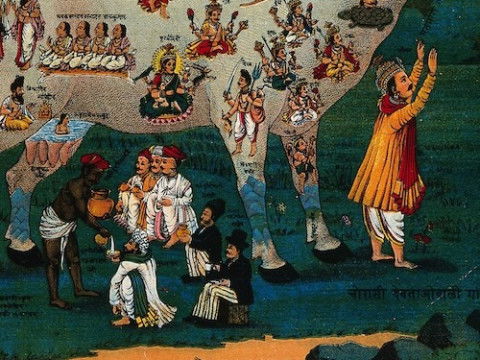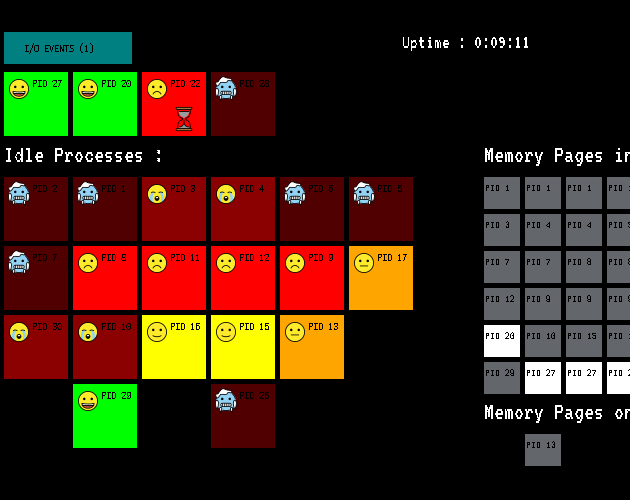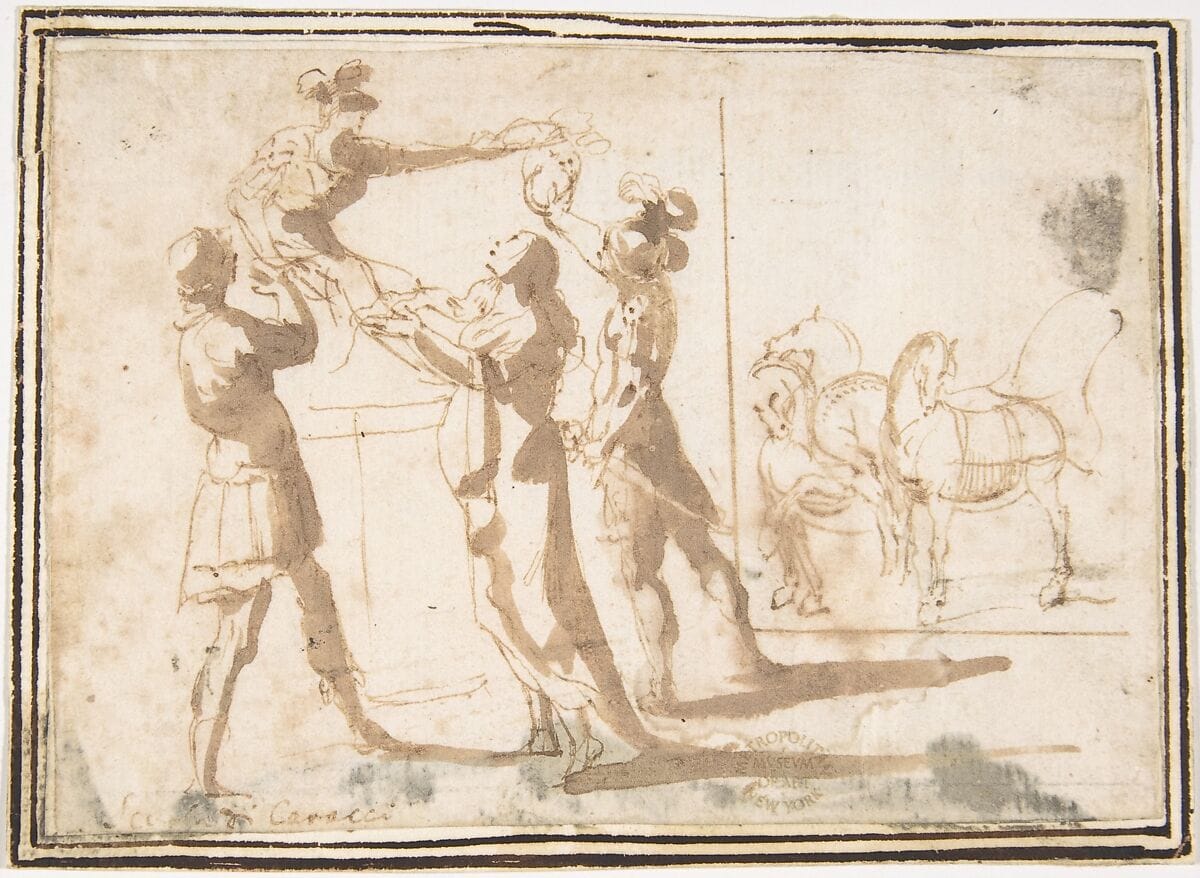
Why Do Religions Decline?
The apparently simple word religion describes myriad beliefs, assertions and practices, and it is not sensible to seek simple mechanisms to account for their rise and fall. Cases need examining in their own context.
Witness Anglo-Saxon England, where a spectrum of rituals and stories about multiple gods among varied groups gave way to credally organised propositions and the increasingly centralised hierarchy of Western Latin Christianity. This represented a switch of loyalties within a ruling elite, piecemeal kingdom by kingdom, but that elite was not displaced. It was also a more complex tale than the later standardised narrative of the Christian ‘Conversion of England’ spearheaded by Augustine’s mission from Rome and welcomed by the Kentish monarchy in 597. Archaeology has revealed a wider story of preparation: a change in the goods placed in Anglo-Saxon graves reflected a switch in fashions from Germanic types to Christian Francia – but decades before Augustine’s arrival. He came to a situation already prepared.
Ruling groups conscious of origins in northern Europe now looked south to the memory of Roman imperial power. Royal families at the summit of the older religious system effectively harnessed power in a radically different way through Roman Christianity. They eventually created sacred vocations for queens and princesses who wielded spiritual power as abbesses over men and women in monastic communities, alongside military prestige enjoyed by males in the dynasty. The resulting Anglo-Saxon fusion of worldly and sacred authority was unusual and distinctive in Western Christianity and probably reflected patterns in the previous religious culture. Meanwhile, subjects followed the lead of their rulers, and have left us no trace of their spiritual agonies over the religious revolution.










